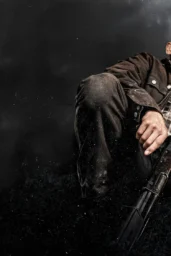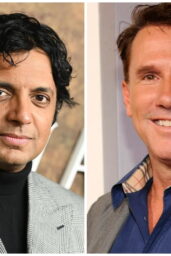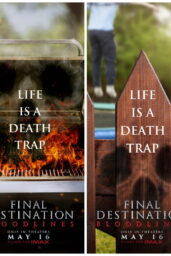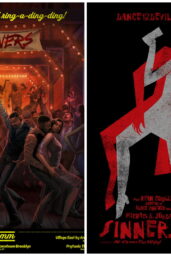Alex Garland's Warfare isn't about war. At least, not in the way Saving Private Ryan or Platoon are. There's no grand statement, no moral reckoning—just 90 minutes of pure, unfiltered chaos. And depending on who you ask, that's either its greatest strength or its fatal flaw.
The Garland Effect: Style Over Substance?
Garland, the mind behind Ex Machina and Civil War, has always been more interested in how stories unfold than why. Warfare is his most extreme experiment yet: a real-time firefight with no character arcs, no monologues—just soldiers trapped in a relentless kill box.
- IndieWire (B-): “Like being shoved into a Humvee with a GoPro strapped to your helmet.”
- Empire (5/5): “A masterclass in tension—Garland weaponizes cinema itself.”
- Deadline (Pan): “An empty exercise in sound and fury.”
The divide is clear. Either you surrender to the sensory overload or walk out wondering what the point was.
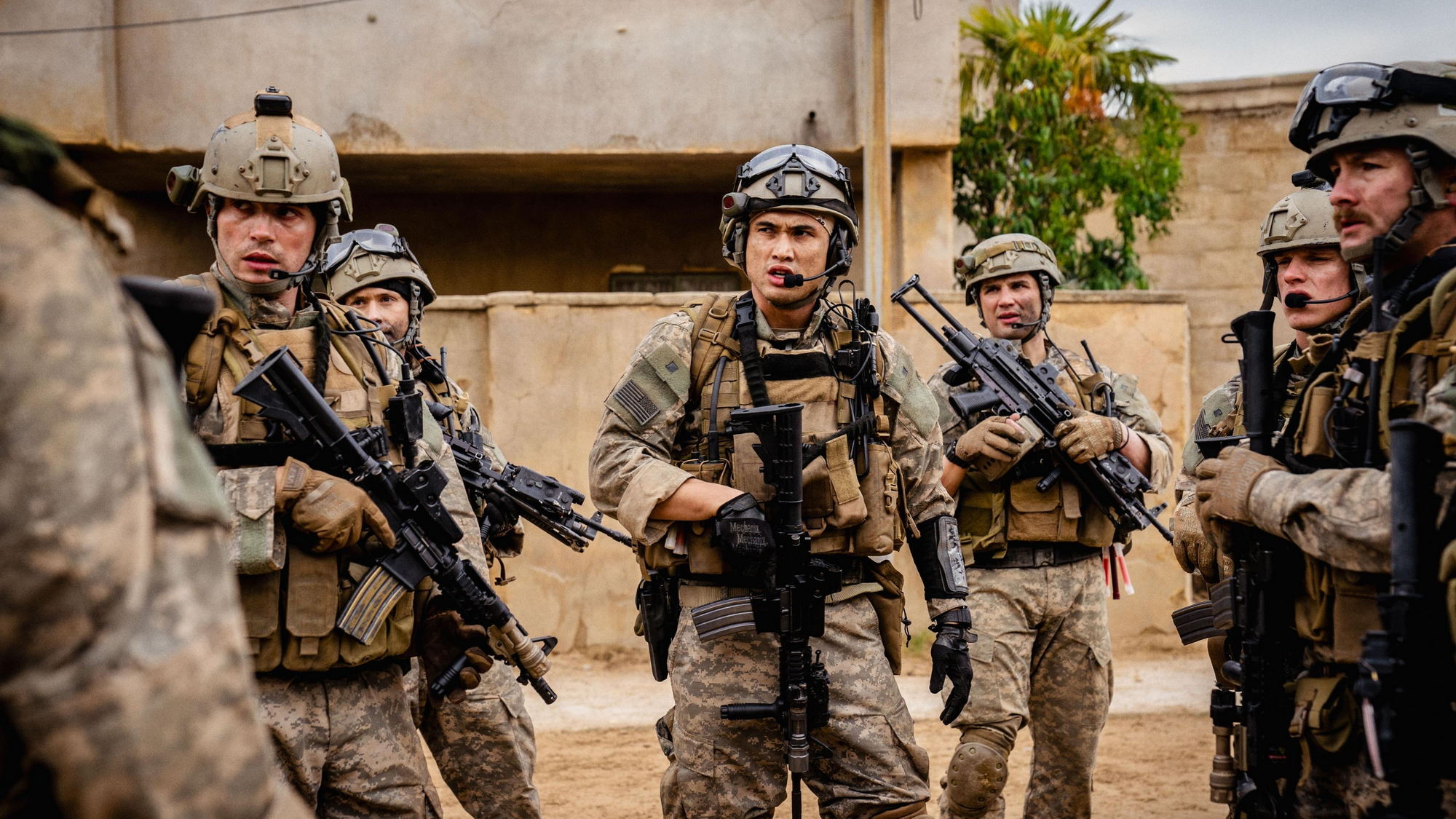
The Real-Time Gimmick: Innovation or Exhaustion?
Garland and co-director Ray Mendoza (an Iraq War vet) drop us into battle with no context. No politics. No backstories. Just trigger pulls and radio static. It's Black Hawk Down stripped of all sentimentality—which, depending on your tolerance for nihilism, is either refreshing or infuriating.
But here's the twist: That's the whole point.
War isn't a narrative. It's noise, confusion, and survival. Garland isn't making a war film; he's simulating war itself. And if you leave feeling hollow, mission accomplished.
The Verdict: A24's High-Stakes Gamble
A24 doesn't lift review embargoes early unless they're confident. And Warfare is a bet that audiences will trade emotional payoff for sheer intensity. Some will call it visionary. Others, a glorified tech demo.
But one thing's certain: You won't forget it.
Final Thought: Warfare isn't a movie you like. It's one you endure. So—ready to enlist?




